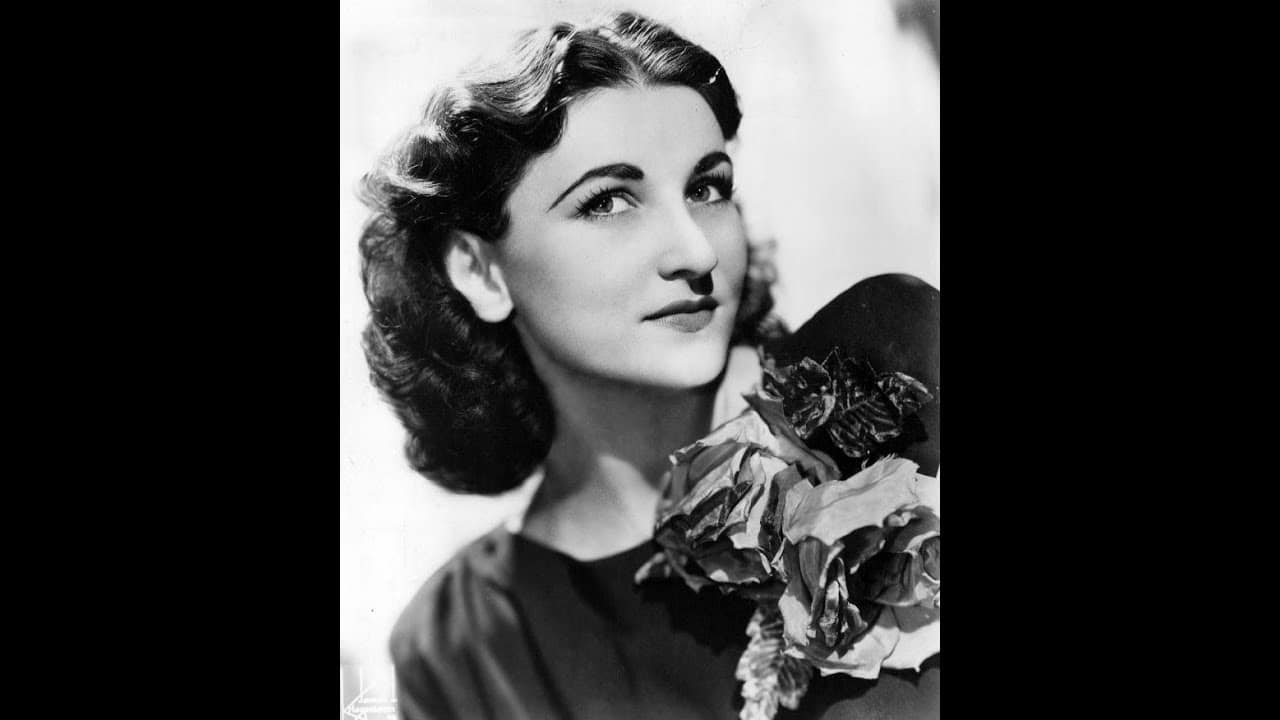Talking tough concertos, why does no-one play the Schnittke Beethoven cadenza?
mainWhile we’re enjoying the chat about concertos with difficult openings, consider the mysterious disappearance of a wonderful cadenza that Alfred Schnittke wrote for the Beethoven violin concerto.
It’s a tour d’horizons of great concertos, with snatches of Bach, Beethoven, Brahms, Mozart, Ysaye, Schoenberg, Berg, and Schnittke himself.
Gidon Kremer recorded it on Philips around 1981 and hardly anyone has touched it since, nor has it ever transferred to CD or download.
Why not?





Comments